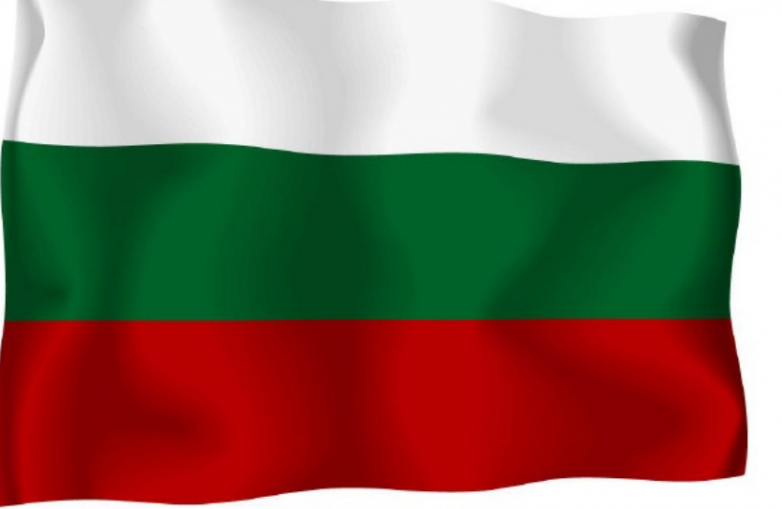
Bulgaria has historically been crowned as the “Country of Roses” because it is the world’s largest producer of rose oil, with its world’s most beautiful rose valley kazanlak. Bulgaria’s rose varieties are special, the petals are round, and the high quality and high oil yield are the result of centuries of hard work by this nation. The Bulgarian rose is the inheritance of the Damascus rose. The rose oil it extracts is called “liquid gold” because its price is extremely expensive and is much more than three times higher than gold. The high oil yield is the result of centuries of hard work by this nation. The Bulgarian rose is the inheritance of the Damascus rose. The rose oil it extracts is called “liquid gold” because its price is extremely expensive and is much more than three times higher than gold. Bulgarian roses are mainly used in the manufacture of perfumes, chocolates, wines and jams. Usually, one kilogram of rose oil needs to be extracted through 3000 kilograms of rose. This means that every gram of rose oil comes from more than 1,300 roses! Each flower is hand-picked and carefully distilled. During the annual rose harvest season, more than 2,000 people work in Rose Valley. The harvest period is only 20-25 days. There is no other cultivation method that can keep the essence of the rose species for nearly three centuries without much change! The Bulgarian rose is pure in texture and rich in aroma, and its quality is the best in the world. Make one kilogram of high-grade perfume and add two drops of rose oil. Because the fragrance of rose oil is unparalleled, the price is higher than that of other countries, and the price in the international market is 3,500-4,000 US dollars per kilogram.
1.Bulgarian rose culture
Bulgaria is a rose kingdom. Kazanlak is one of the most oil-producing areas in Bulgaria. The Rose Valley Rose Festival is held here every year for the first week of June. The festival parade lasts for 5 days. Choose the Queen of Roses, the Rose Picking Ceremony, the cabaret show and the parade.
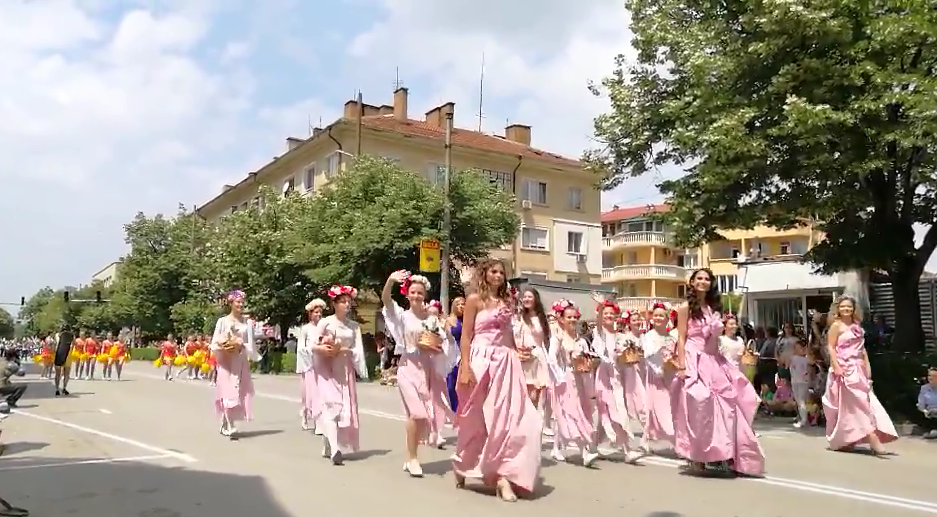
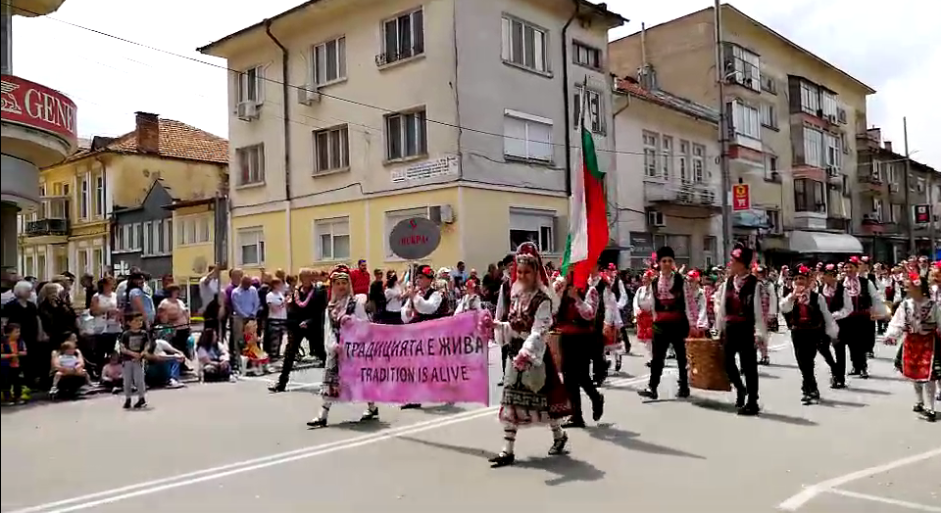
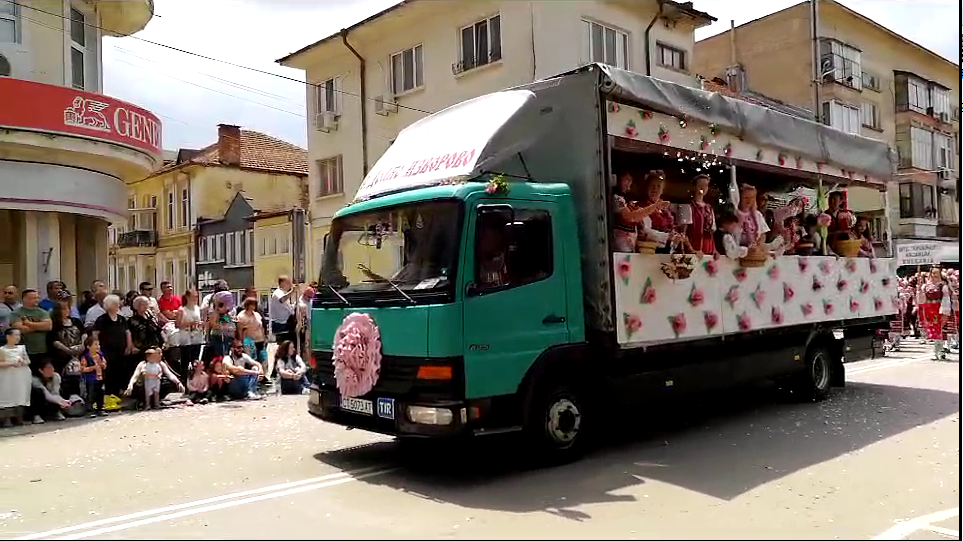
2.Bulgara rose industry
Bulgaria currently produces an average of 100 kilograms of rose per acre, and about 3,000 to 3,100 kilograms of rose petals to produce 1 kilogram of rose oil, valued at 1.52 kilograms of gold. There are more than 7,000 kinds of roses in Rose Valley, and only 4 kinds of refining. In pink and white, the two roses have the largest oil content. Rose has good economic value. It has refined rose oil. It is said that the price per kilogram is three times that of gold. To refine 1 kg of rose oil, you need two or three thousand kilograms of rose petals! Bulgaria is the largest rose producer and exporter in the world, and 70% of the world’s rose oil used in the manufacture of perfumes and fragrances comes from Bulgaria.
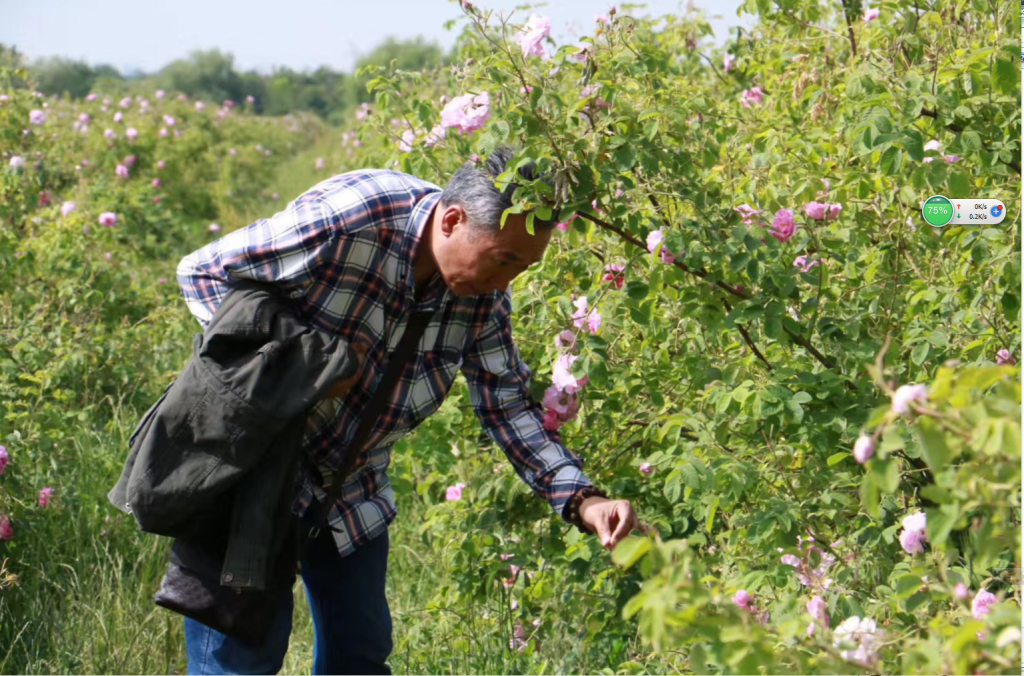
Take “White Roses in Baijiazhuang” as an example. There are 50 flower growers in the garden. Every day at 4 or 5 o’clock in the morning, flowers are collected. At 10 o’clock in the morning, 3,500 kg of rose petals can only extract 1 kg of rose oil, and 1 Dickar’s rose. The calyx can only produce 1000-1200 kg of rose petals. At present, the international price of each kilogram of rose oil is between 5,000 and 8,000 euros. Bulgarian rose oil is of high quality and is sold to the United States, France and Japan.
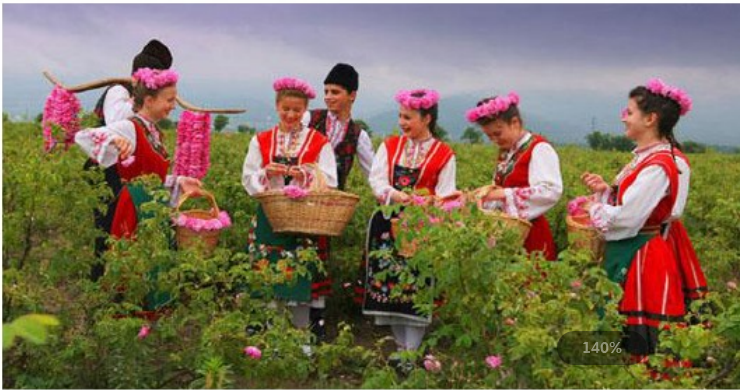
3.Bulgara Area
“Rose Valley” is a basin surrounded by mountains in the southern Bulgarian city of Kazanlak, covering an area of about 3,000 hectares. The valley has a mild climate and moderate rainfall. Rose Valley is a famous Bulgarian resort and a concentrated source of Bulgarian national flowers (roses). It consists of two valleys adjacent to the Kazanlik Valley and the Karlovo Valley.

About 40 kilometers southeast of Sofia, it is a narrow strip with a length of about 130 kilometers, a width of 15 kilometers from north to south, and an altitude of about 350 meters. It is bordered by the peak of the Balkan Mountains in the north, blocking the north from the cold wind. The rivers of the Strema and the Densa run through the valley. The warm blue current flows down the river from the south, blowing into the humid air, providing the growth of the rose. The ideal condition.
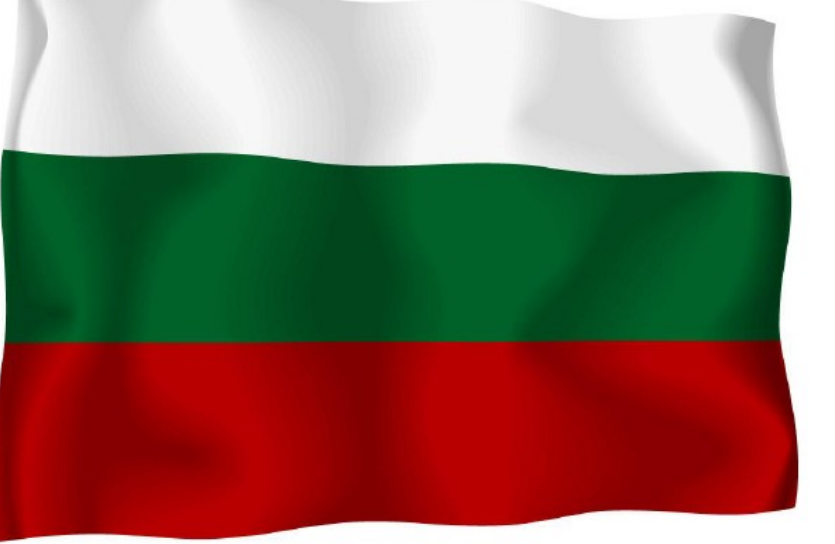
Bulgaria is located at 43° north latitude and 24° east longitude. It is east of the Balkan Peninsula where Europe and Asia meet. It belongs to the four-season continental climate. The Rose Valley of Sofia has an average annual temperature of 10.4°. The average temperature in January is -1.7° due to the influence of the Atlantic Ocean. The average summer temperature rarely exceeds 30°.